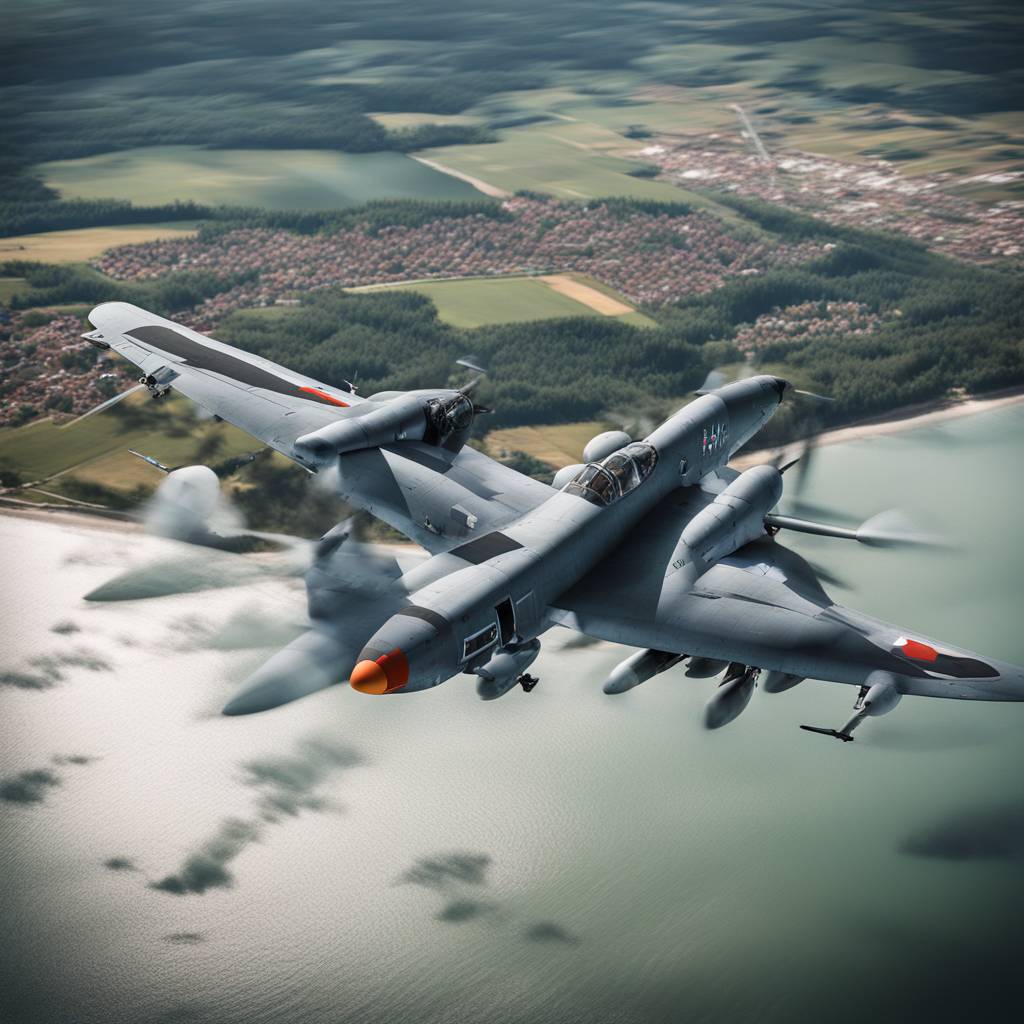German Eurofighter jets intercepted a Russian Il-20 aircraft flying over the Baltic Sea without a transponder, according to the German air force. The NATO fighters took off from the Latvian town of Lielvarde and shadowed the Russian plane over the Baltic. This incident is the latest example of Russian aircraft passing through the region without proper identification. The Baltic Sea is largely surrounded by NATO countries, but the Russian exclave of Kaliningrad also sits around the sea, with a significant naval base.
In January 2024, Germany’s air force detected another Russian Il-20 flying without a transponder in international airspace in the southern Baltic Sea. France’s military later intercepted a Russian aircraft off the coast of Estonia. NATO has scrambled its air forces over 300 times in the past year to intercept Russian military planes approaching its airspace, with most of the incidents occurring over the Baltic Sea. NATO countries will scramble jets when there are signs of Russian military planes approaching allied airspace in unpredictable ways.
Sweden recently joined NATO, increasing the alliance’s presence around the north and west of the Baltic Sea. The war in Ukraine, now in its third year, has prompted many European nations to reevaluate their security policies and defense spending. NATO has funneled more assets towards its eastern flank, closest to Russia and Ukraine, since the conflict erupted in 2022. The alliance has bolstered its air defenses in the region by increasing the number of fighter jets, surveillance flights, and ground-based air defenses.
The Russian aircraft passing through the Baltic Sea region without transponders has raised concerns among NATO member states about the security situation in Europe. NATO has emphasized the need to maintain readiness and surveillance to respond to any suspicious or unannounced flights near the airspace of its allies. The ongoing war in Ukraine has created a dangerous security situation in Europe, prompting increased military activity and cooperation among NATO members to address the challenges posed by Russia’s actions in the region.
The presence of Russian military aircraft flying without transponders over the Baltic Sea highlights the tensions between Russia and NATO in the region. NATO countries have continuously monitored and intercepted Russian planes approaching their airspace to ensure the security of the alliance. The increase in military activity and surveillance flights reflects the ongoing efforts to address the evolving security threats in Europe and reinforce the defense capabilities of the alliance. Collaboration and coordination among NATO members are crucial to effectively respond to any potential security risks in the Baltic Sea region.








